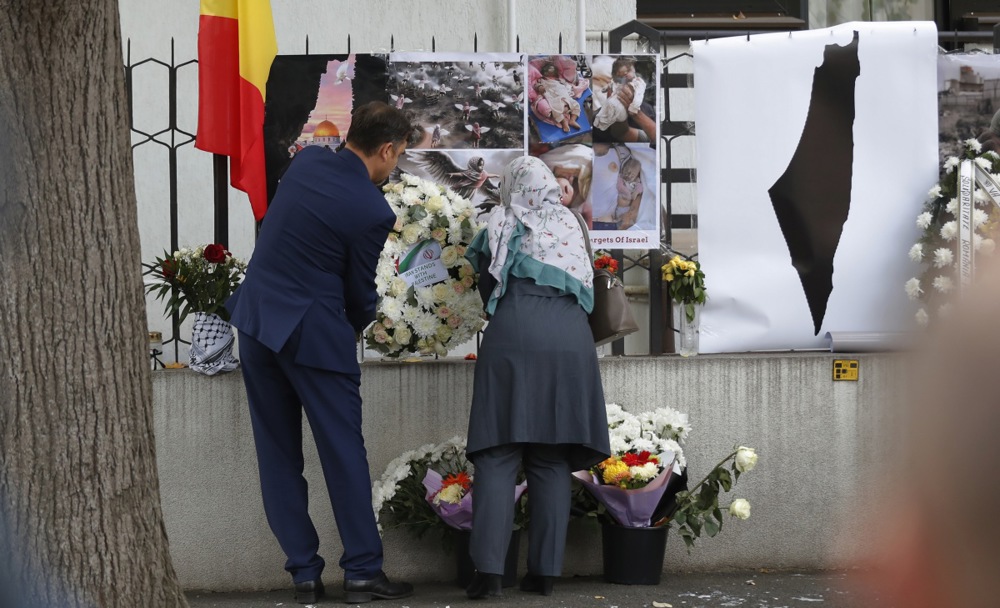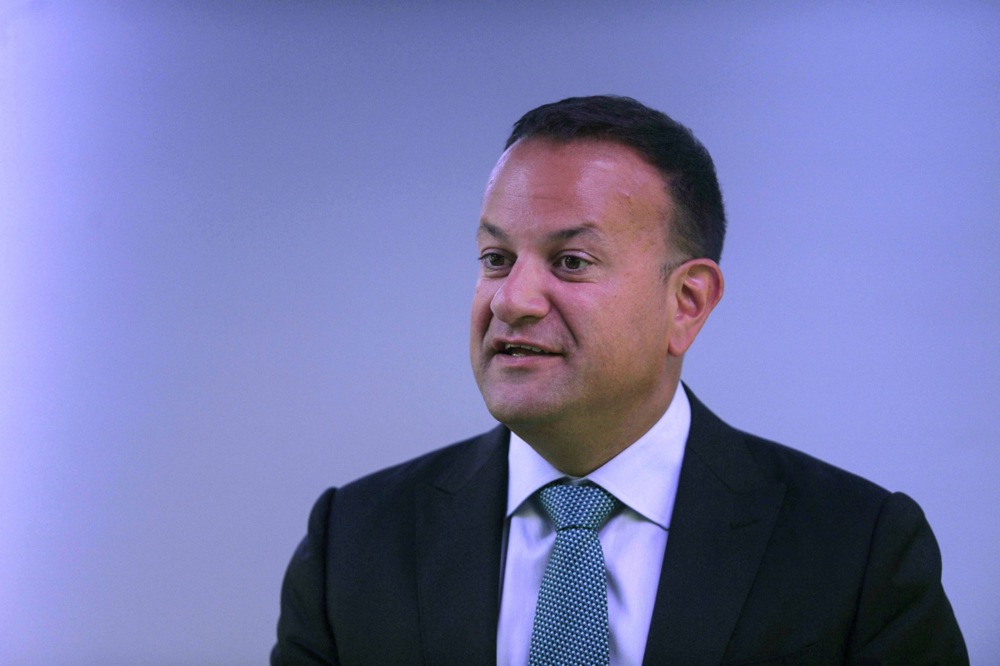Slovenian centre-left Prime Minister Robert Golob’s Government seems to be imploding and a former minister has told Brussels Signal it will not survive to the end of the current term.
The governing Freedom Movement party has seen three ministers dismissed and the speaker of the Slovenian Parliament resign in recent weeks. The right-wing Slovenian Democratic Party, which takes a hard line on immigration, has moved ahead in the polls as the country’s most popular.
It is “increasingly unlikely that the Government, as it stands today, can survive until the end of the term,” Mark Boris Andrijanič, Slovenia’s former digital transformation minister, said in an interview with Brussels Signal.
Only 18.4 per cent of the public now views the Government’s work favourably, with Golob’s ratings the lowest of any Slovenian leader to date.
He now also faces allegations that, for political reasons, he delayed last November’s arrest of two suspected Russian spies.
Golob allegedly made the move so as not to overshadow his Government’s success in winning a major referendum the day before, Tatjana Bobnar, a former interior minister who resigned after falling out with him, has claimed.
“If true, such interference would not only be unlawful and unprecedented but also fundamentally opposed to basic democratic principles,” said Andrijanič.
Ex-minister Sanja Ajanovic Hovnik faced criticism before resigning for spending €33,000 on a trip to New York and what was seen as allegedly potential interference in a €10 million tendering process.
Slovenia also faces “cooling of the economy, persistent inflation, and a growing budget deficit”, Andrijanič said.
These are “to a large extent, the result of the Government’s economic and social policies that are dictated by the coalition’s far-left party, Levica”, he added.
With Golob’s party apparently fracturing and poll ratings plunging, he is relying more on his coalition partners.
That would seem to give more influence to the eco-socialist Levica, which was able to push back against the weakened Prime Minister’s attempts to trim the number of governmental departments to 12 from 20 – a move which would have cost Levica ministerial positions.
Golob’s political weakness has also side-tracked his promised attempts to reform the economy and health system.
Levica has gained influence regarding social and economic policy, resulting in higher taxes and bureaucratic obstacles to investment, claimed Andrijanič.
Golob’s Government, in common with many across Europe, also faces criticism over how it has handled migration.
Immigration is “a hot topic”, said Andrijanič, since Slovenia has had “almost as many illegal entries so far this year as the UK in a whole year, despite having a population more than thirty times smaller”.
Golob’s party came to power in June 2022 in a coalition with the Social Democrats (SD) and the Left when his Freedom Movement defeated Janez Janša’s right-wing Slovenian Democratic Party.
Lord German, who chairs the UK’s All Party Parliamentary Group on Slovenia, said: “I think the Government is a bit in the doldrums at the moment.
Referring to the fact that the Freedom Movement was only founded in January last year, he added: “My view is that new parties thrust into government always find it difficult to find their feet.”
Andrijanič said the Government’s “relatively slow and chaotic response to the devastating floods” hitting the country in August had added to “growing discontent”.
Post-flood reconstruction efforts are putting enormous pressure on Slovenia’s public finances. A revised budget in August set aside €520 million for immediate relief, increasing the budget deficit to 4.9 per cent from 4.5 per cent of GDP.
Rebuilding long-term is proving a much bigger task. Before resigning, Hovnik said the floods had caused €5 billion in damage across the country’s Central and Northern regions.
Slovenia will likely hope to rely on European Union support to mobilise the amount of cash needed while also attempting to maintain a measure of fiscal stability.





